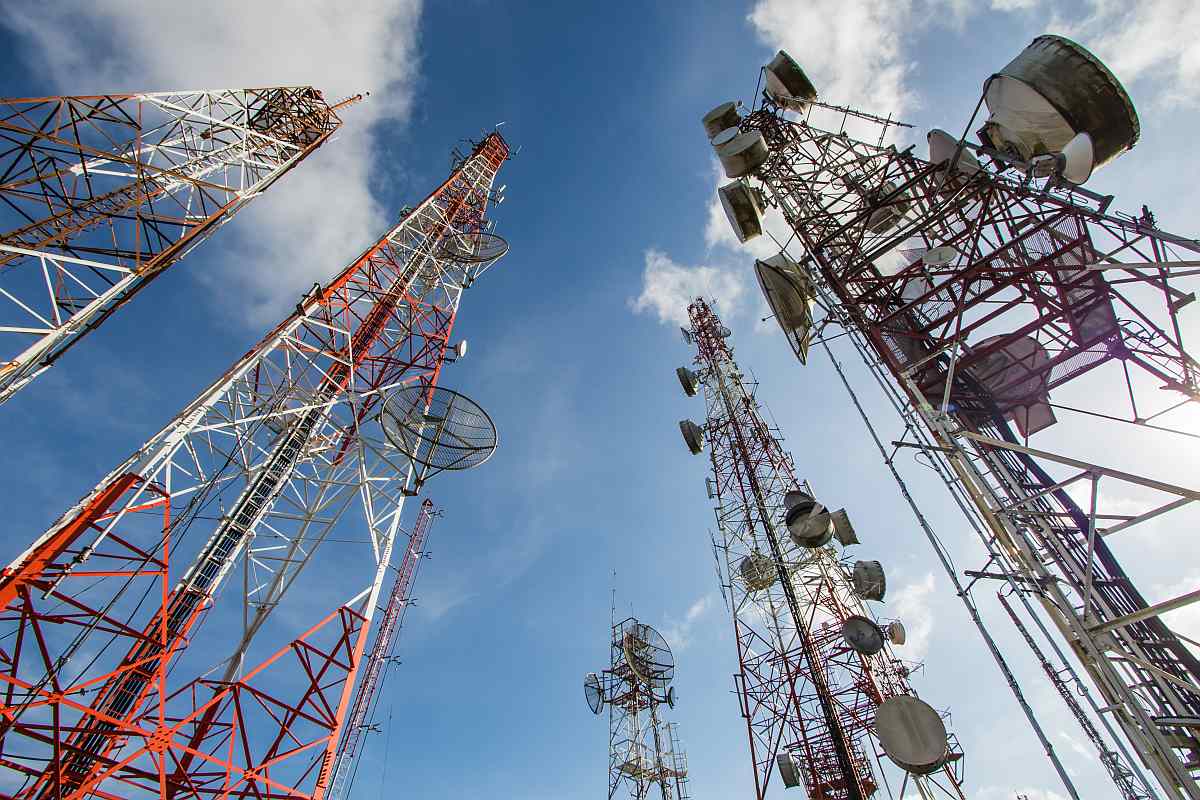The Broadband India Forum (BIF) on Friday said the draft Indian Telecommunications Bill 2022 requires a critical and balanced review, as it aims to take away the statutory independence of the Telecom Regulatory Authority of India (TRAI), seeking to make it subservient to the government.
Broadband India Forum (BIF) said in a statement that the draft bill proposes to remove “non-obstante provision and provisos to Section 11(1) of the TRAI Act”.
Advertisement
The industry body claimed that the existing provisions pertain to regulatory safeguards and maker and checker balance, which have been instrumental in bringing the sector to where it is today.
By curtailing the powers of the TRAI, the authority will be reduced to one with extremely limited role and powers, the BIF added.
“Some of the provisions of the draft Indian Telecommunications Bill 2022 unfortunately appear to be prohibitive rather than facilitating/enabling for the larger digital ecosystem in the country,” BIF President T.V. Ramachandran said.
“The provisions seem to take us back to the pre-1997 era by diluting the powers of the Regulator viz. Section 11(1) of TRAI Act. This could lead to damage of investor confidence and undermining of the independence of the Regulatory Authority, owing to deletion of provisions which enable proper checks and balances,” he elaborated.
Toughening its stand against video communication and calling apps like Facebook, WhatsApp, Zoom and Google Duo, the Centre has also proposed to bring OTT Communication Services (app-based) under the ambit of telecom licence.
The BIF said that the importance of these services in the socio-economic growth of the country cannot be undermined.
“They are the backbone of the digital economy and by including such services as telecommunication services and subjecting them to licensing, it could stifle the entire socio-economic ecosystem, kill innovation and stymie the GDP growth,” the telecom industry body said.
In one of the key proposals, the draft Indian Telecommunication Bill 2022 seeks to waive off fees and penalty of telecom and internet service providers.
The draft bill says that the Centre may “waive off in part or full any fee, including entry fees, license fees, registration fees or any other fees or charges, interest, additional charges or penalty” for any licence holder or registered entity under the telecom rules.
IT Minister Ashwini Vaishnaw has sought public comments on the draft bill and the last date is October 20.
Other industry bodies hailed the draft telecom bill.
The Digital Infrastructure Providers Association (DIPA) welcomed the draft bill, saying it will act as the bedrock for next-generation transformations and contribute towards the ‘Infrastructure 4.0′ revolution which is expected to kick-off with the launch of 5G networks in the country.
“This new bill is going to revolutionise the telecom sector by addressing many issues, most important among those being Right of Way for Telecommunication Infrastructure. It intends to remove the ambiguities prevailing for a long time by establishing that telecom is the central subject,” DIPA DG T.R. Dua said.
The draft bill addresses the long-standing issue of illegal property tax on telecom towers, clarifying that telecommunication infrastructure is distinct from property on which it is installed.
Cellular Operators’ Association of India (COAI) DG, Lt Gen Dr S.P. Kochhar (retd) said that the draft bill is “another milestone step to develop a modern and future-ready legal framework in telecommunication”.
“We are studying the newly-drafted bill and will share our comments with the government in due course of time,” he said.











